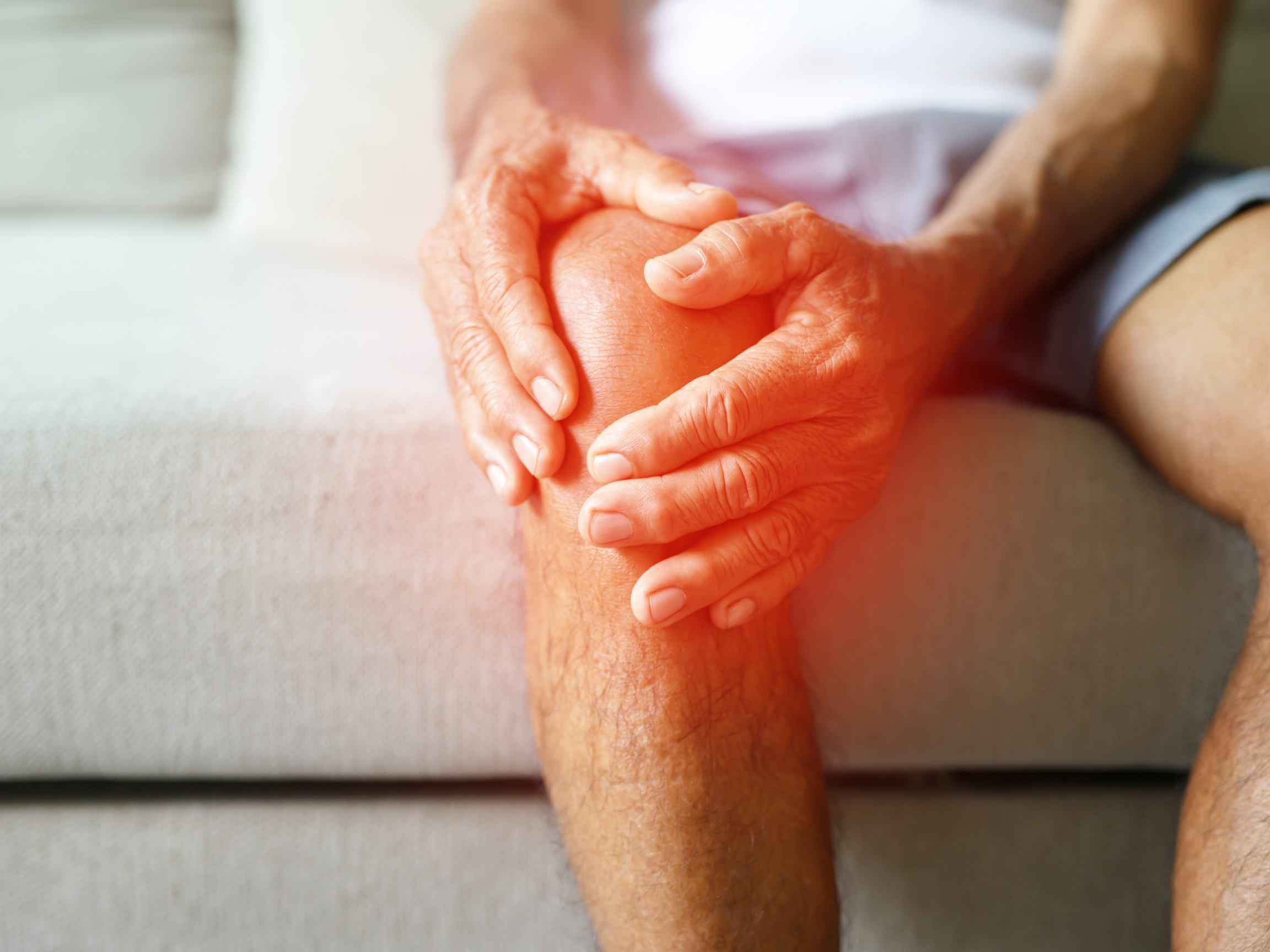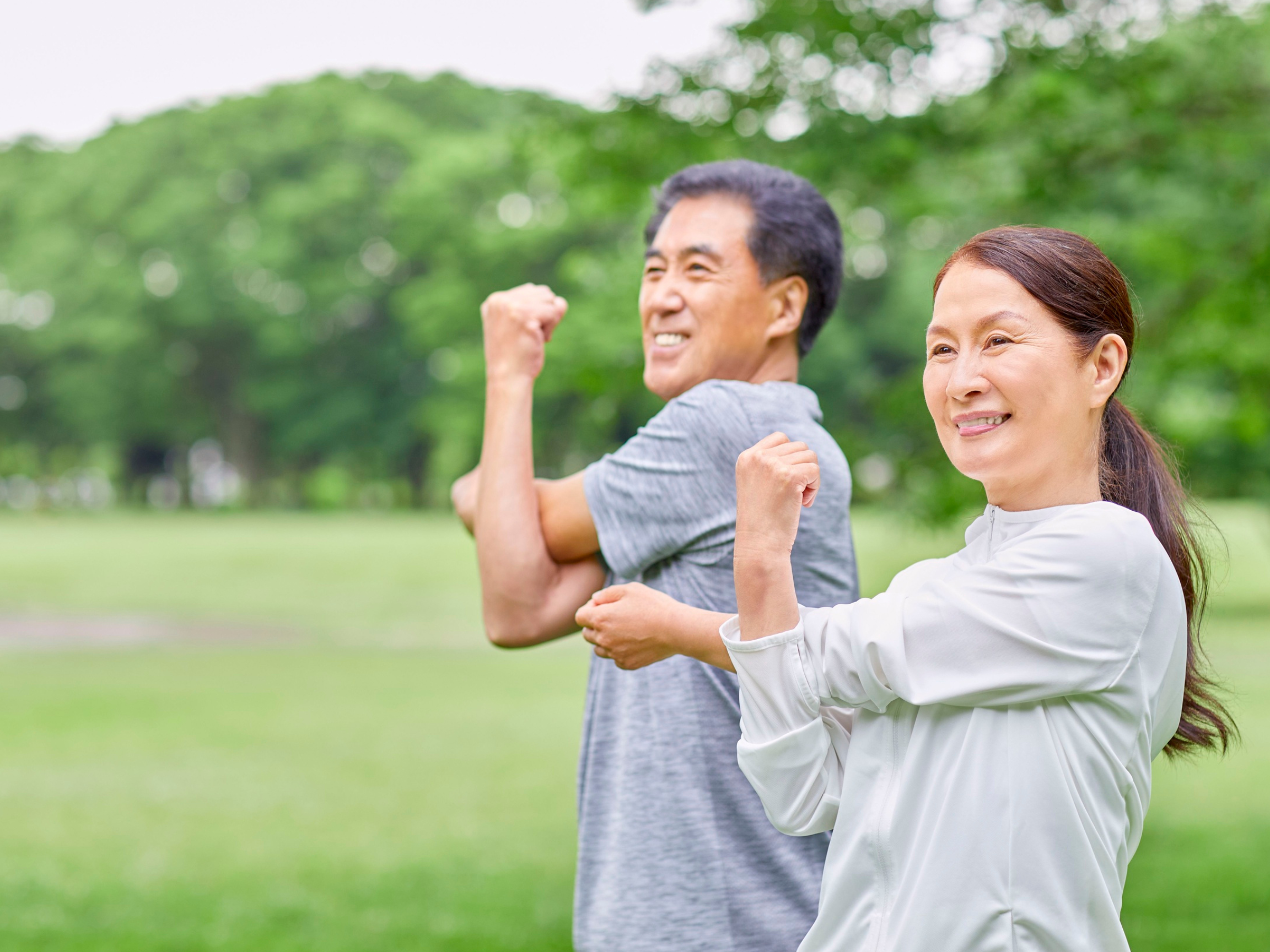Managing Osteoarthritis with Evidence-Based Exercise in Gympie
Living with osteoarthritis can be challenging, but the right management strategies can make a significant difference to daily comfort and mobility. While medication and lifestyle changes play an important role, research continues to highlight the benefits of exercise as a cornerstone of osteoarthritis management. For people in Gympie, evidence-based exercise programs are a safe and effective way to improve joint function, reduce pain, and enhance quality of life.
Understanding Osteoarthritis
Osteoarthritis is the most common form of arthritis, often described as the “wear and tear” condition of the joints. It occurs when the protective cartilage that cushions the ends of bones gradually breaks down, leading to stiffness, swelling, and pain. The joints most often affected are the knees, hips, hands, and spine.
Although osteoarthritis is more prevalent with age, it is not an inevitable part of ageing. Factors such as genetics, previous joint injuries, obesity, and repetitive stress on joints can all increase the risk of developing the condition. The good news is that proactive steps can help manage symptoms and maintain independence.
Why Exercise Matters
Exercise is one of the most effective non-surgical treatments for osteoarthritis. Far from worsening symptoms, the right type of exercise helps to:
Build stronger muscles around the joints to offer improved support.
Improve joint flexibility and range of motion
Reduce stiffness and pain
Enhance balance and reduce the risk of falls
Improve overall cardiovascular health and energy levels
A key principle in managing osteoarthritis through movement is that exercise should be tailored, gradual, and guided by evidence-based practice. Simply put, not all exercises are suitable for everyone, and professional advice is crucial to prevent injury and maximise benefits.
Types of Exercises Recommended
A well-structured program for osteoarthritis usually combines several forms of exercise:
Strength Training
Strengthening exercises help build the muscles surrounding affected joints. For example, quadriceps strengthening is particularly important for those with knee osteoarthritis. Using body weight, resistance bands, or light weights can all be effective.
Aerobic Exercise
Low-impact aerobic activities such as walking, swimming, or cycling improve overall fitness without placing undue stress on the joints. These activities also help maintain a healthy weight, which is vital as excess body weight increases joint load and discomfort.
Flexibility and Stretching
Gentle stretching maintains joint flexibility and reduces stiffness. Regular stretching routines can enhance range of motion and make daily activities easier.
Balance and Stability
For those experiencing reduced stability, balance training exercises are essential to lower the risk of falls and further joint injury.
The Role of Allied Health Professionals
When starting an exercise program for osteoarthritis, it is important to work with qualified professionals who understand the condition and its challenges. Accredited exercise physiologists and physiotherapists provide tailored programs that consider an individual’s health status, pain levels, and goals.
At The Allied Health Team, clients in Gympie have access to expert guidance in designing safe and effective exercise programs. Evidence-based approaches are used to ensure that each person’s exercise plan is both beneficial and sustainable.
Overcoming Barriers to Exercise
Many people with osteoarthritis worry that exercise will make their pain worse. While some initial discomfort may occur as the body adapts, regular exercise typically reduces pain over time. Starting slowly, pacing activities, and listening to your body are essential strategies.
Motivation can also be a challenge. Joining group classes or working with a supportive professional can help keep exercise enjoyable and consistent. For those in Gympie, finding a supportive environment makes it easier to stay active and reap the benefits.
Lifestyle Considerations
In addition to exercise, other lifestyle adjustments play a role in managing osteoarthritis:
Weight management – Keeping a healthy weight helps ease the load on weight-bearing joints.
Healthy diet – Balanced nutrition supports joint health and overall wellbeing.
Pain management techniques – Strategies such as heat packs, relaxation techniques, and pacing activities can complement exercise.
Regular check-ups – Ongoing reviews with a healthcare professional help keep your management plan effective.
Managing Osteoarthritis with Exercise in Gympie
For those living with osteoarthritis, consistent, evidence-based exercise is one of the most powerful tools available. It not only helps relieve pain and improve function but also supports independence and overall health. In Gympie, working with experienced professionals at The Allied Health Team ensures that exercise programs are tailored to individual needs and delivered with care.
Taking the first step towards an active lifestyle may feel daunting. Still, with the right support and guidance, it is possible to manage osteoarthritis effectively and enjoy a better quality of life. If you are looking for trusted expertise, exploring Osteoarthritis Exercise programs in Gympie can make all the difference.


